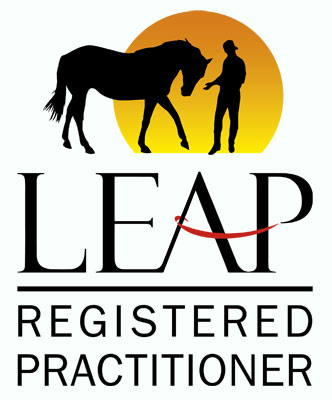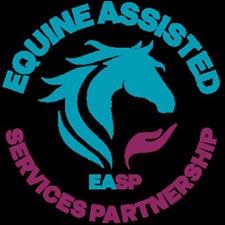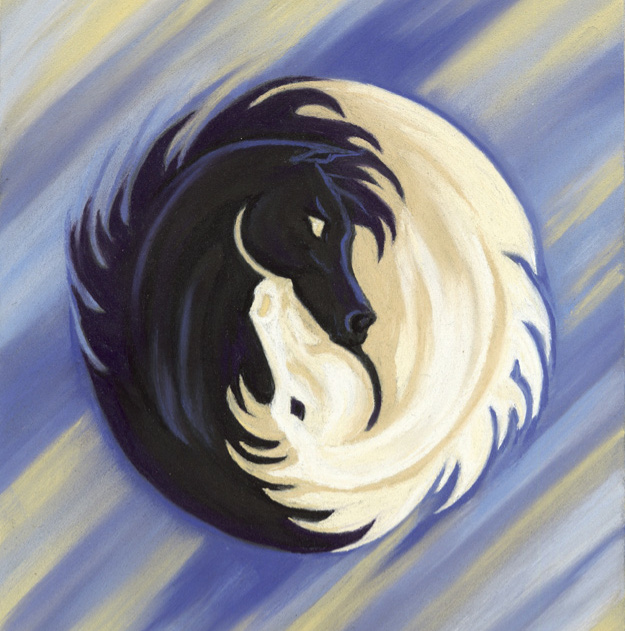
Blog
The Potential WITHIN Vulnerability
2 June 2010
When we go through a major life event, an illness, an accident, ending a relationship, loosing a job or a loved one, an often painful yet potentially positive process of growth occurs deep within us.
I’ve experienced both in myself and in others, how this process can lead to significant insights into our self, our patterns and our history. Leading furthermore to layers of protection being shed; layers that have been woven so deeply into our false-self persona.
This process seems to initially involve a period of shock, trauma and survival as we deal with the immediate situation and sudden change. This period can often feel somewhat surreal as we reach for simple, everyday tasks and objects to help us regain a sense of “normality” in our lives once more. After a while we can even start to feel “okay” again as if we’re getting over the worst and feeling better.
However, what seems to then happen and at a much deeper level in our psyche, is that key patterns and beliefs that we hold and unconsciously follow each day start to get revealed more vividly to us. Further, if we take the time to really explore what has taken place, we may identify that these beliefs even led to the situation arising in the first place. Almost like the unconscious parts of us are struggling to be brought to light and can do so through such major events.
These revelations can be immensely painful and can even feel like a backwards step in our healing, as deeply held beliefs about ourselves are brought to life. And it is during this process that we experience huge amounts of vulnerability. We feel less strong, less together and less in control of our life; a whole lesson in itself as we realise that indeed we are NOT in control!
Vulnerability feels very similar to anxiety or fear; the physical sensations are often the same. And yet, a complex process is taking place inside of us, as the different parts of us; our true Self and our false adopted persona come into conflict in a more acute manner during such major life events.
For me, when I feel vulnerable my body throws up sensations and pain, sometimes quite alarming ones out of the blue, coupled with an increase in feeling generally anxious and ungrounded. My energy levels also take a downward turn, as does my self confidence as my inner critic tries very hard to take over. Ultimately our persona or false-self doesn’t like change and growth and so in these times attacks our deeper sense of self and tries to break up our connection to our body and inner wisdom. I start to feel that the world is a scary place and ultimately unsafe within myself.
All of this is pretty unpleasant and part of me just wants it to go away so I can feel better again. And yet, being in this part of the process, painful as it is, is tremendously important. As it’s only by staying in this place, feeling the distressing emotions and physical sensations that I can regain my connection to my true self. If I try to run away from it or deny it, it will only get worse. I know that from many years of experience of doing just that.
And when I can allow the tears to come, only then can I begin to ask them: What is my pain? What is this about? What are my needs that are trying to be heard? Somehow through this dialogue with myself I can then start to gather the answers to my questions and connect them to my current situation and perhaps, more importantly, my historical situation and in particular my early childhood experiences.
Only then do I truly start to feel a sense of inner calm returning and I feel more connected. My energy levels rise and I regain my sense of self confidence once more. I’m not describing here a case of getting rid of the discomfort in order to feel “better” and calm. Nor am I saying that to feel vulnerable is wrong in anyway; quite the opposite. I’m saying that both feeling states are important and that I can only reconnect to my deep sense of Self by staying with the uncomfortable feelings.
And the horses role in all of this? Well, as ever, they simply ask us to acknowledge our vulnerability and not cover it up with our usual “I’m okay”, or trying to pretend we’re feeling physically strong when we’re not, and definitely not to act as if we’re unafraid when we really are.
They help us to access our courage to feel vulnerable, to acknowledge when we feel fragile and less confident than usual through paying attention to their responses to us. Ultimately, allowing us to believe that to feel vulnerable is OKAY and that we don’t have to pretend to be something else: strong, well, confident, etc, in order to be acceptable to ourselves and others.
Vulnerability marks the transition within us when we start to shed our familiar coping strategies. It can last hours, days, even weeks. Yet if we can dig deep inside of our self and find the core beliefs needing our coping strategies then we can access our buried potential. Now that is power; personal power. And what better reward could there be for daring to brave this process?
© Angela Dunning, June 1010








